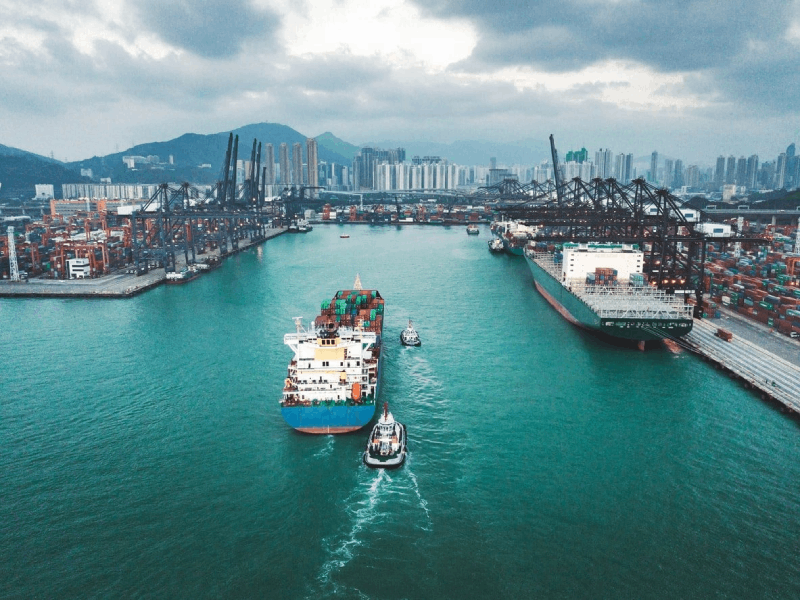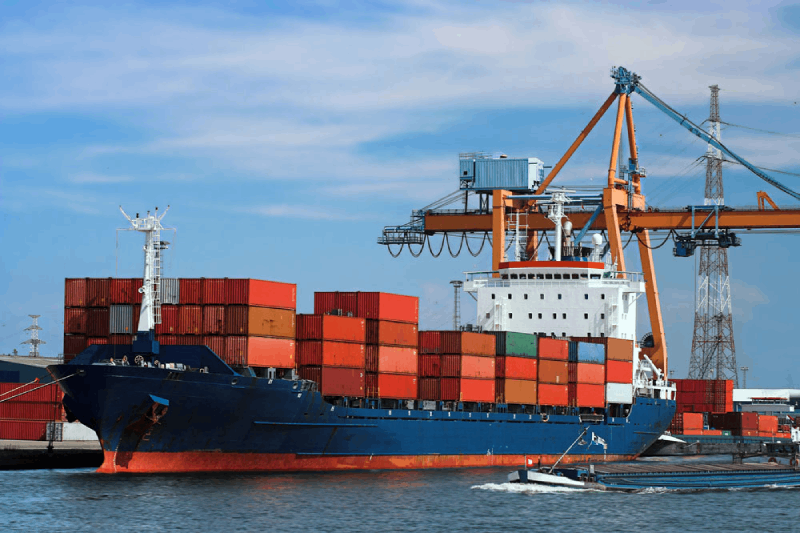Time:2022-02-11 Publisher:Kevin Num:6665

Port congestion has lasted for some time, which is a huge blow to the shipping industry. The digital supply chain platform project44 shows that all fields are experiencing continuous turbulence.
It is clear that continued port congestion will lead to shipping delays. Not only that, it will also bring more negative effects to Global trade, which is what many people are worried about.
In the United States, this situation is becoming more and more serious. The import volume of LA / LB port, the two major ports in the United States, is gradually declining, which has seriously affected the trade deficit of the United States.
According to the data of project44, the import volume of the two ports has been declining steadily since September 2021, with Los Angeles down 16.4% and Long Beach port down 11.67%.
The port of San Pedro Bay met nearly 40% of the import volume of the United States. At that time, the trade deficit reached a historical record in 2021 and exceeded US $1 trillion for the first time.
Data show that in December 2021, the trade deficit increased from US $98 billion to US $101 billion, an increase of more than 3%.
Some experts pointed out that the reason for the decline in import volume is related to the reduction of air transport and TEU capacity. At present, the congestion of LA / lb port makes ships choose to skip these two ports, resulting in reduced imports.
In fact, between January 2021 and December 2021, TEU capacity deployed in Long Beach port decreased by 90% and Los Angeles decreased by 40%. Although the downward trend of Los Angeles port has continued throughout the year, the decline rate of Long Beach port also decreased steadily in October last year
This situation is reflected in the increase of blank navigation on the route. In the third quarter of 2021, La port increased from 23% to48%.LB port increased from 25% to 58%.

Josh Brazil, head of project44, said that although trade demand is strong now, the decline in imports in the previous quarter may mean that future imports may not meet trade demand because of port congestion.
It added that if the port congestion of the two ports has not been alleviated, shipping capacity may continue to limit the growth of the trade deficit.
In the future, port congestion will continue for some time, and may become more and more serious. Therefore, if there are shippers and freight forwarders who need to ship to the ports in the United States, they will need to pay great attention, because port congestion may delay the shipping schedule.



